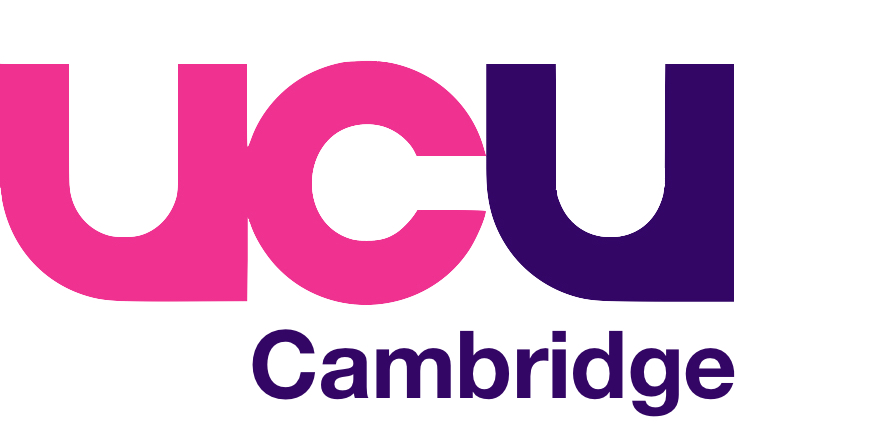Last week Universities UK published a consultation document, to be sent to all USS employers, in response to the report and recommendations of the Joint Expert Panel on USS. All USS employers – from the University of Manchester to the Mulberry Bear Day Nursery and Pre-School – are eligible to respond, and have until 30 October to do so.
UUK appear to be trying to avoid some of the mistakes they have made in the past, and for which they have been rightly criticised both by UCU and in the JEP Report. The editorial line in the consultation document is light, employers are given more than a month to respond, and there is a request that employers “ensure they have sought the necessary input from their governing bodies”. Given the wild variations in size among the employers consulted, it is to be hoped that this time UUK resists the temptation to spurious precision involved in the appeal to “a significant minority of 42% of employers”, which helped drive down the affordability of USS in November.
There are a few points of interest to USS members. The first is that UUK comes out firmly against the increased deficit recovery contributions (DRCs) the USS Trustee demanded after the November valuation. These additional DRCs came at a cost of 3.9% of total salaries, and thus accounted for a substantial part of the difference in required contributions between the September and November valuations. UUK’s agreement with the JEP that such additional payments are excessive is therefore good news for USS members. It should be noted, however, that this was also the UUK position in the post-November employer consultation, and on that occasion it made precisely zero difference.
A subtler point worth noting is that in their phrasing UUK treat the maintenance of current defined benefits, with additional contributions of 3.18% shared in the 65:35 ratio and surrender of the DC Match, as the “recommendation” of the JEP. This is helpful to UCU should UUK propose the further dilution of benefits down the line in order to keep the contribution rate down. It also offers some reason for the union also treating status quo benefits, JEP total contribution rate, and the 9.1/20.1 split as a single package (rather than pursuing a no-detriment outcome). On the other hand, UUK asks employers for alternative proposals for benefit changes which would keep contributions down. This invites UCU to take the same approach by insisting on status quo benefits while refusing the increased employee contributions assumed in the JEP’s calculations.
The consultation document indicates that (1) UUK don’t think the implementation of the first wave of cost-sharing can be avoided, and (2) that the possibility of escalating contribution increases under cost-sharing puts employers’ backs against the wall. Perhaps as a result of this – and doubtless because of UCU’s industrial action – the tone of the consultation document is generally receptive to the JEP recommendations.
The one predictable caveat here is employers’ aversion to increasing their contributions to USS. UUK present this issue more helpfully than in past consultations, however. The consultation document correctly analyses the choice for employers, for any given benefit scheme, as being between higher contributions now, if low-risk investments are chosen – an option which also imposes heavy costs on scheme members – and a higher (albeit typically still low) risk of contributions needing to increase in future if riskier but higher-returning investments underperform. In general they seem more anxious about higher contributions now than they are about an increased risk of needing to raise contributions in the future. This seems to be a new position, no doubt informed by the fact that since the start of the year it no longer looks so easy to pass the whole cost of minimising risk onto employees through benefit cuts.
It’s evident from the consultation document, as well as from the JEP Report itself, that the arrangements under discussion now represent only an interim, ad hoc plan until 2020. The long-term future of USS pensions is still very much up in the air. But the new consultation material makes clear that it is those defending the interests of Scheme members who are currently winning the arguments.
– Sam James, Cambridge UCU Acting President
